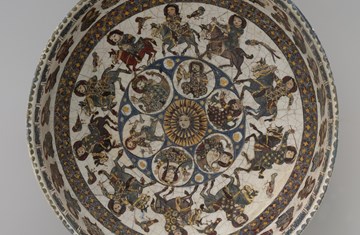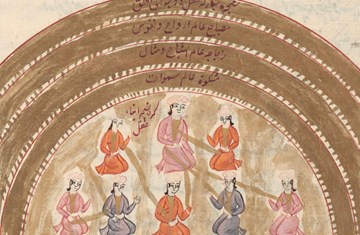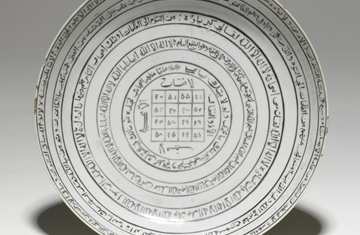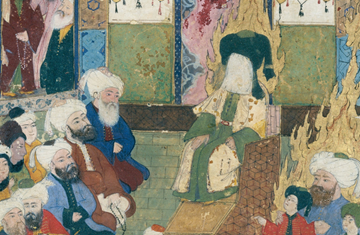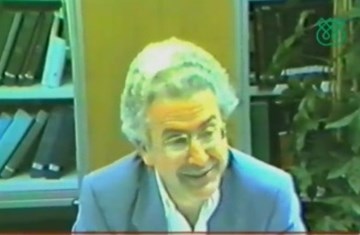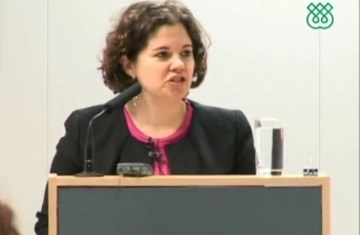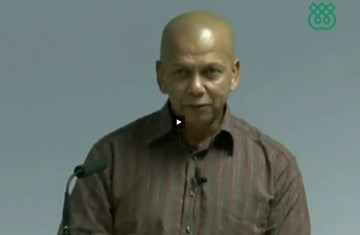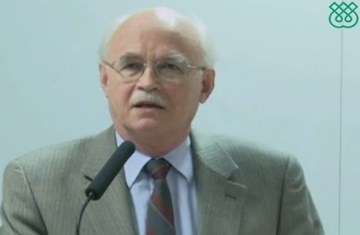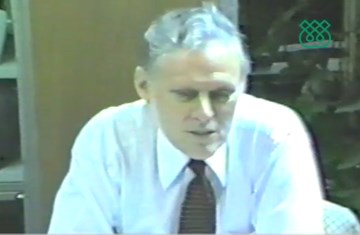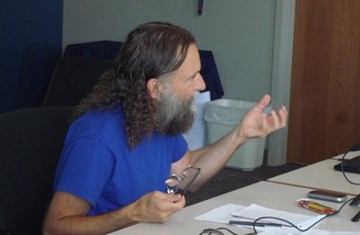French Orientalism and the Study of Islam, Professor Mohammed Arkoun, 1983
Professor Mohammed Arkoun, an internationally renowned scholar of Islamic thought and cultures, passed away on 14 September 2010. This video is a 60-minute recording of Professor Arkoun’s lecture delivered in 1983 on ‘French Orientalism and the Study of Islam’ at the IIS. The talk was part of a seminar series centred on the theme of ‘Orientalism and the Study of Islam’.
Lecture Abstract
Professor Arkoun speaks about the complex history of the study of Islam in French-speaking contexts, from the sixteenth century to the third quarter of the twentieth century. The Algerian War ended in 1962 and this year is marked by the Professor as a turning point in French Orientalism. The post-independence context posed new issues and led to a transformation in the aims and methods of study.
Professor Arkoun notes the contributions of various scholars, colonial officials and travellers in recording the history and cultures of the North African people. He makes a distinction between studies in France which were primarily philological in nature and what he calls the North African Studies which were field-based ethnographical studies, primarily for the purpose of understanding the societies under French rule. While acknowledging the useful information generated by French Orientalism, particularly its recording of many of the now-defunct institutions, legal codes and social norms, Professor Arkoun points out several shortcomings of the Orientalist tradition. He argues that there was a need to approach the study of North African societies in new ways by drawing upon the tools and methods of social sciences in order to ask and respond to more meaningful questions. He calls such an endeavour Islamology.

